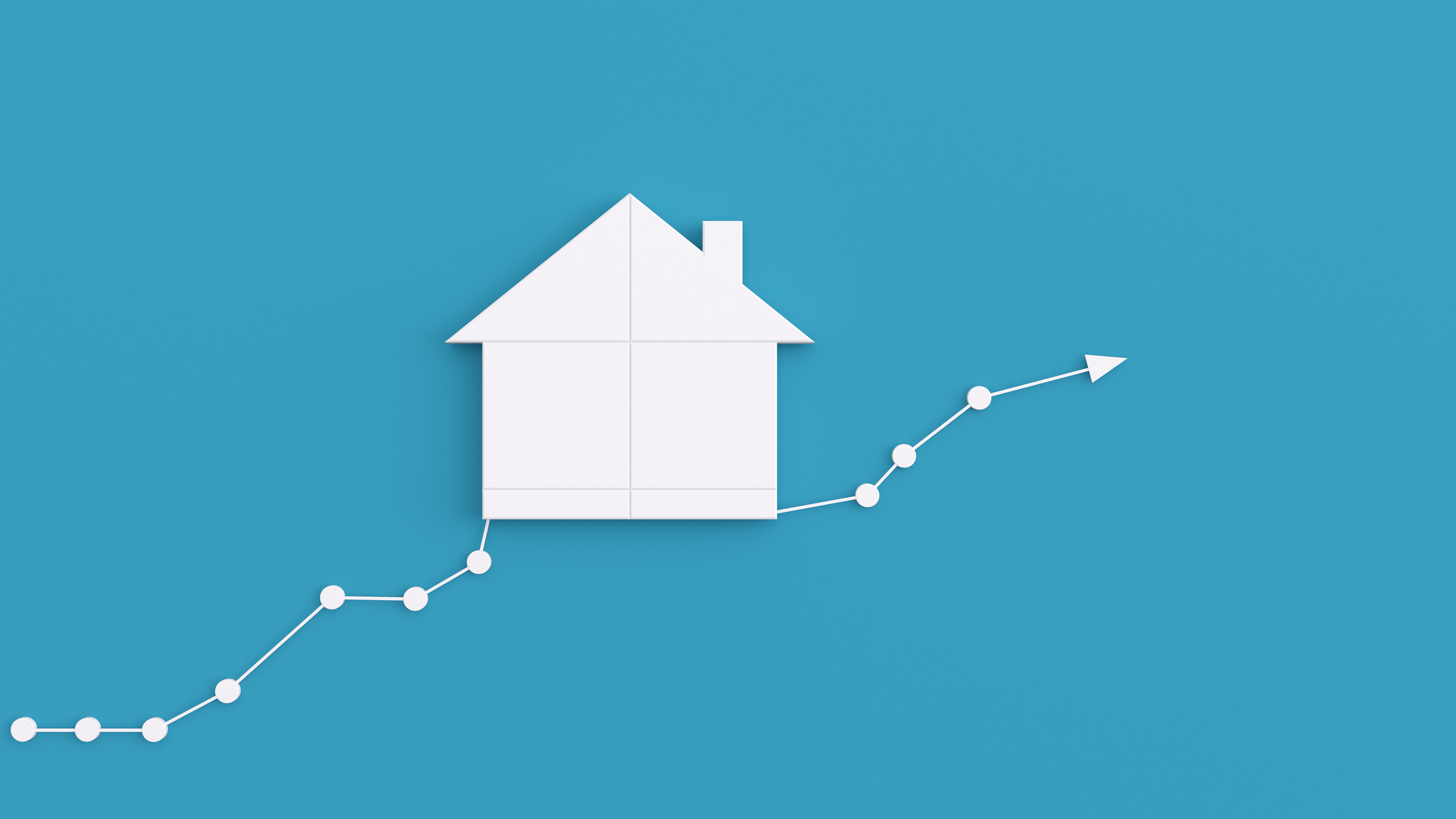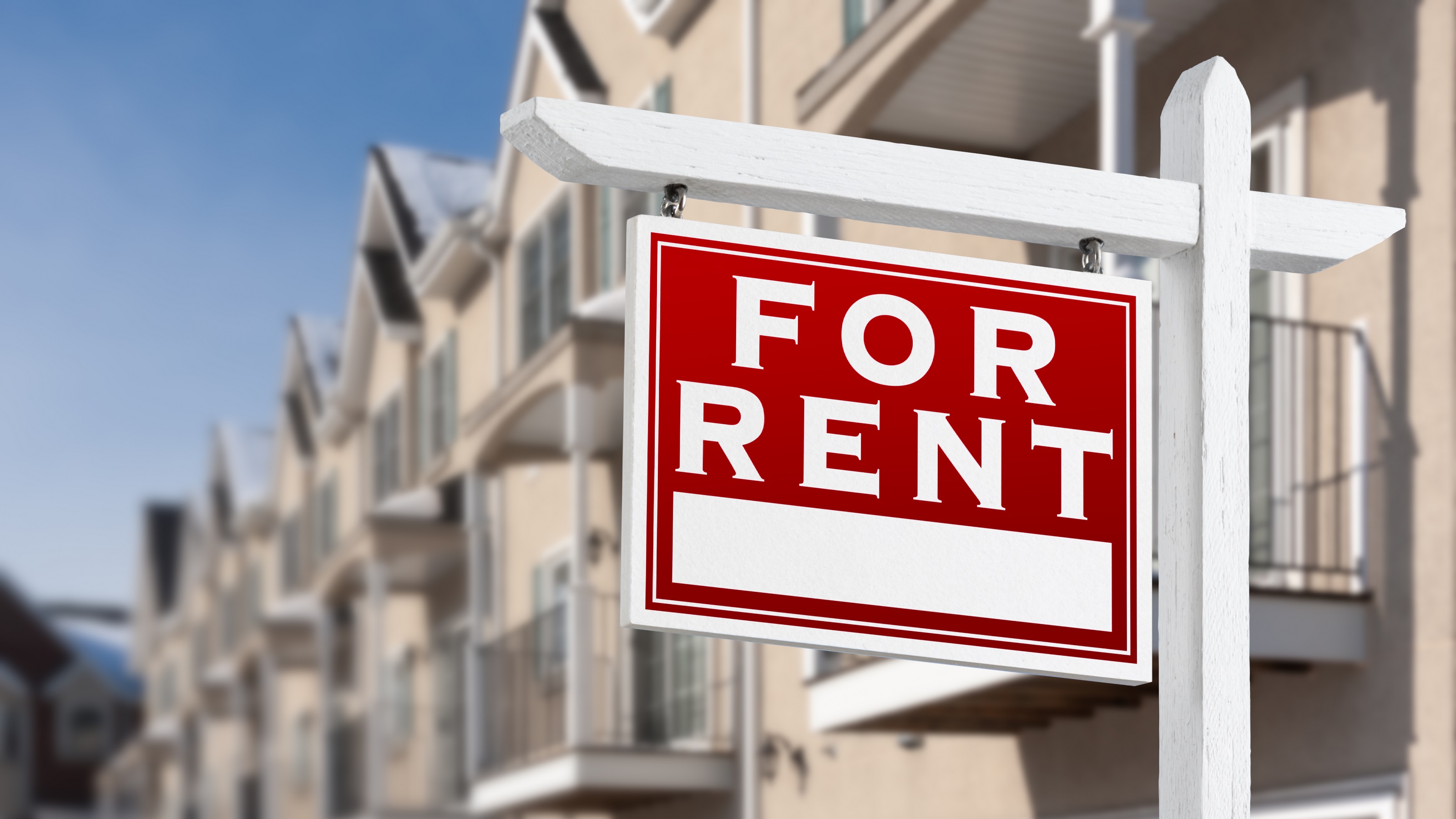Clean Up Your Credit
Expect for lenders to take a hard look at your credit history, so take care of any potential problems ahead of time.
Profit and prosper with the best of Kiplinger's advice on investing, taxes, retirement, personal finance and much more. Delivered daily. Enter your email in the box and click Sign Me Up.
You are now subscribed
Your newsletter sign-up was successful
Want to add more newsletters?

Delivered daily
Kiplinger Today
Profit and prosper with the best of Kiplinger's advice on investing, taxes, retirement, personal finance and much more delivered daily. Smart money moves start here.

Sent five days a week
Kiplinger A Step Ahead
Get practical help to make better financial decisions in your everyday life, from spending to savings on top deals.

Delivered daily
Kiplinger Closing Bell
Get today's biggest financial and investing headlines delivered to your inbox every day the U.S. stock market is open.

Sent twice a week
Kiplinger Adviser Intel
Financial pros across the country share best practices and fresh tactics to preserve and grow your wealth.

Delivered weekly
Kiplinger Tax Tips
Trim your federal and state tax bills with practical tax-planning and tax-cutting strategies.

Sent twice a week
Kiplinger Retirement Tips
Your twice-a-week guide to planning and enjoying a financially secure and richly rewarding retirement

Sent bimonthly.
Kiplinger Adviser Angle
Insights for advisers, wealth managers and other financial professionals.

Sent twice a week
Kiplinger Investing Weekly
Your twice-a-week roundup of promising stocks, funds, companies and industries you should consider, ones you should avoid, and why.

Sent weekly for six weeks
Kiplinger Invest for Retirement
Your step-by-step six-part series on how to invest for retirement, from devising a successful strategy to exactly which investments to choose.
If you're considering buying a home in the near future, you should be paying attention to your credit status now. Any lender is going to scrutinize your monthly income and outgo at the time you apply for a mortgage. Here's what you need to look out for:
Take Our Quiz: Will It Sink Your Credit Score?
Debts and other obligations reduce the amount of cash you can spend on housing, so try to clear the decks as much as possible before applying for a loan. Pay off as many high-interest consumer loans as possible. If you are planning to buy a new car, boat or major furniture (paying by either cash or credit), postpone the purchases until after you've closed on the purchase of your home.
Mortgage lenders request a mortgage credit score from credit bureaus to help them determine your creditworthiness. The score is determined by a statistical analysis of the information contained in your credit file. A good score may change the time required to get approval on your mortgage as well as the rate you receive and the way in which your mortgage is managed.
From just $107.88 $24.99 for Kiplinger Personal Finance
Become a smarter, better informed investor. Subscribe from just $107.88 $24.99, plus get up to 4 Special Issues

Sign up for Kiplinger’s Free Newsletters
Profit and prosper with the best of expert advice on investing, taxes, retirement, personal finance and more - straight to your e-mail.
Profit and prosper with the best of expert advice - straight to your e-mail.
The analysis takes into account about 100 variables gathered from your credit file at one of the big three credit bureaus -- Experian, Equifax and Trans Union -- and specifically looks at such things as how much you are currently in debt, how many places you have applied for credit recently (shopping for a mortgage won't count against you), and what kind of credit you have taken in the past.
Before you apply for a mortgage loan, find out whether anything in your record might present a problem. Order a report at least two or three months before making a loan application to give yourself plenty of time to iron out any wrinkles that you discover.
Get Preapproved With a Lender
The next step is a visit with a lender -- mortgage company, savings and loan, bank or credit union -- to determine the upper price limit you can handle and the types of mortgages suited to your needs. Obtaining a preapproval letter from a lender ensures that you won't waste your time looking at houses you can't afford and reassures sellers that you can afford theirs.
You can usually do the preapproval interview over the phone. A loan officer will pull your credit score (this may cost $50 or so) and assess your income and savings. Be prepared with your two most recent pay stubs and tax returns -- along with net worth and monthly cash flow worksheets you've prepared. (It's also not too soon to begin pulling together at least two months' of your bank and investment statements, which lenders will require after they begin processing your application.)
You'll want to find out how much mortgage debt you can carry with the most commonly available mortgages.
Because the 30-year fixed-rate mortgage is still the benchmark against which other loans can be compared, find out what size conventional 30-year loan you can qualify for under the guidelines issued by secondary-market mortgage buyers such as Fannie Mae or Freddie Mac (these are known as "conforming" loans).
Also get information on adjustable-rate mortgages (which come with an initial fixed-rate period of one, two, three, five and more years), as well as a 15-year fixed-rate loan. Knowing what you can afford to buy with these four mortgage types is a useful starting point.
Finally, remember that you are not obliged to use the lender who preapproves you. When you're ready to borrow, compare the rates and mortgage options available from several lenders.
Profit and prosper with the best of Kiplinger's advice on investing, taxes, retirement, personal finance and much more. Delivered daily. Enter your email in the box and click Sign Me Up.
-
 5 Vince Lombardi Quotes Retirees Should Live By
5 Vince Lombardi Quotes Retirees Should Live ByThe iconic football coach's philosophy can help retirees win at the game of life.
-
 The $200,000 Olympic 'Pension' is a Retirement Game-Changer for Team USA
The $200,000 Olympic 'Pension' is a Retirement Game-Changer for Team USAThe donation by financier Ross Stevens is meant to be a "retirement program" for Team USA Olympic and Paralympic athletes.
-
 10 Cheapest Places to Live in Colorado
10 Cheapest Places to Live in ColoradoProperty Tax Looking for a cozy cabin near the slopes? These Colorado counties combine reasonable house prices with the state's lowest property tax bills.
-
 Will Lower Mortgage Rates Bring Relief to the Housing Market?
Will Lower Mortgage Rates Bring Relief to the Housing Market?The Kiplinger Letter As mortgage rates slowly come down here's what to expect in the housing market over the next year or so.
-
 Commercial Real Estate Outlook 2024: The Kiplinger Letter
Commercial Real Estate Outlook 2024: The Kiplinger LetterThe Kiplinger Letter In 2024, expect hybrid and work-from-home trends, tighter budgets, rising rents and the demand for data centers to continue.
-
 Delinquent CRE Loans Are on the Rise: The Kiplinger Letter
Delinquent CRE Loans Are on the Rise: The Kiplinger LetterThe Kiplinger Letter Banks are expanding their efforts to restructure CRE loans to avoid losses from the commercial real estate sector.
-
 As Mortgage Rates Rise, Renting Is Now Cheaper Than Buying for Many: The Kiplinger Letter
As Mortgage Rates Rise, Renting Is Now Cheaper Than Buying for Many: The Kiplinger LetterThe Kiplinger Letter A jump in mortgage rates has caused housing affordability to slump and priced many first-time home buyers out of the market.
-
 Rental Market Will Slow Through 2023: The Kiplinger Letter
Rental Market Will Slow Through 2023: The Kiplinger LetterThe Kiplinger Letter Expected growth in the rental market is likely to remain slow for the rest of the year amid a slow housing market and cooling economy.
-
 How to Set the Price to Sell Your Home
How to Set the Price to Sell Your Homereal estate If you're selling your home, setting the right price is crucial. Don't overprice or you'll scare away prospective buyers.
-
 WFH Impact on Commercial Real Estate Market: Kiplinger Economic Forecasts
WFH Impact on Commercial Real Estate Market: Kiplinger Economic ForecastsEconomic Forecasts Commercial real estate continues to struggle. Office vacancies hit 18.9% in the second quarter of 2023.
-
 Greenland, U.S. Plans to Boost Tourist Economy: Kiplinger Economic Forecasts
Greenland, U.S. Plans to Boost Tourist Economy: Kiplinger Economic ForecastsEconomic Forecasts A U.S. congressional effort could see some Canadian visitors get longer stays, meanwhile, Greenland bids to be the next vacation hotspot.